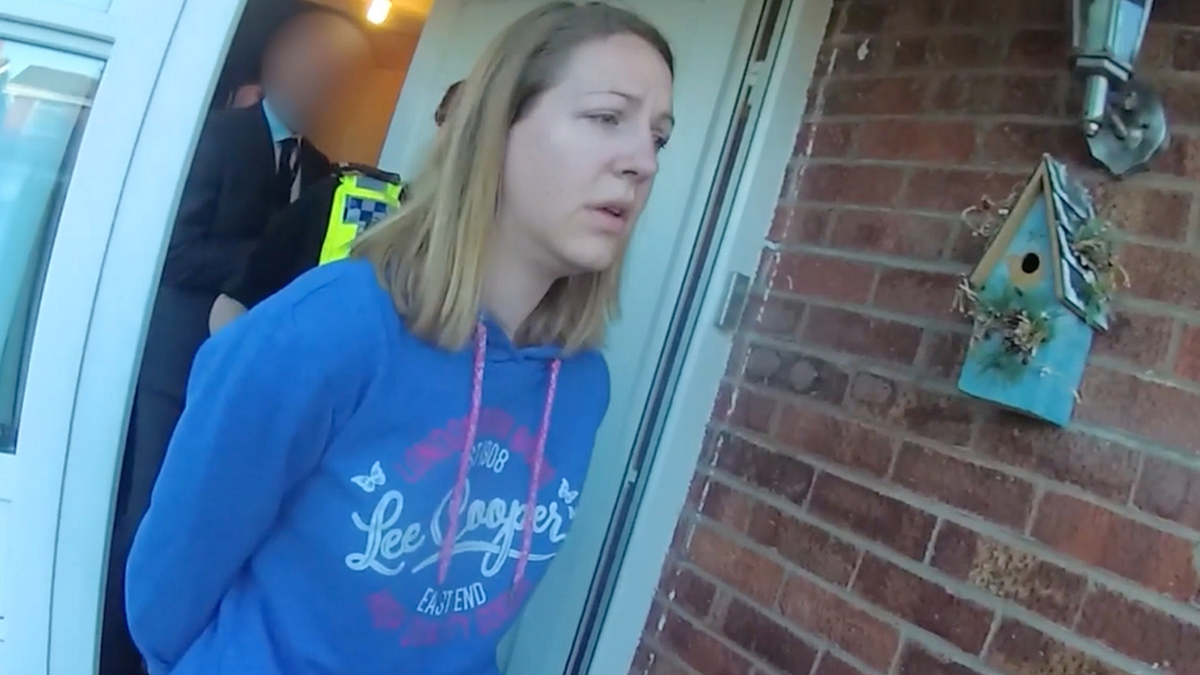Lucy Letby: Do public inquiries answer families' questions?
- Published
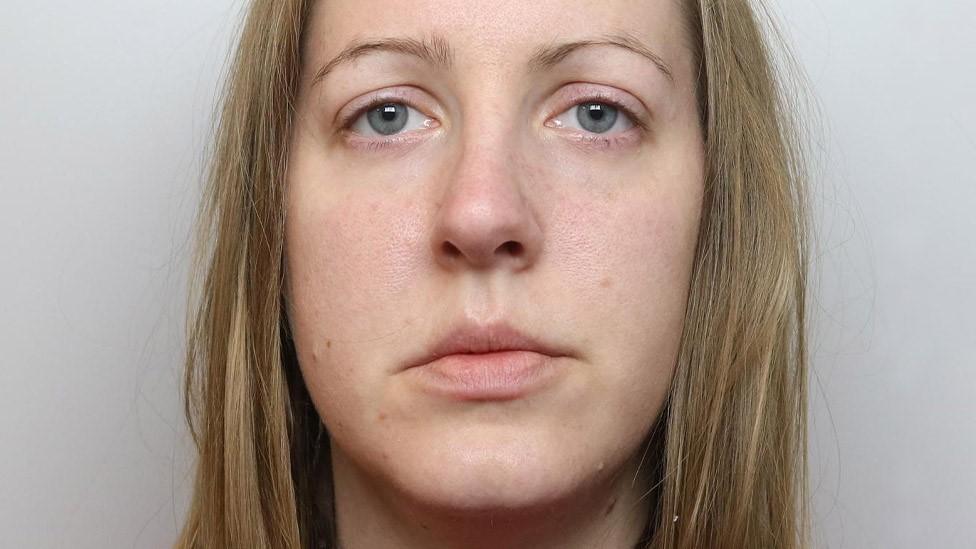
Lucy Letby was jailed for life for the murder of seven babies and the attempted murder of a further six
A statutory inquiry into how neonatal nurse Lucy Letby was able to murder seven babies at the Countess of Chester hospital has been announced by the government.
In a significant move, ministers upgraded the independent inquiry after criticism from families of the victims that it did not go far enough.
This means the inquiry will now have greater powers to compel witnesses to give evidence.
Letby's conviction, which saw her sentenced to multiple whole-life terms, made her the most prolific child serial killer in modern British history.
But many unanswered questions surround the case, which it is hoped the inquiry will answer.
According to the House of Commons Library,, external inquiries are typically opened "when major accidents or disasters occur, or when something goes seriously wrong within government or a public body".
They are designed to "establish facts [and] learn lessons so that mistakes are not repeated" as well as to "restore public confidence and determine accountability".
But what are inquiries like for those at the centre of them?

Bishop James Jones
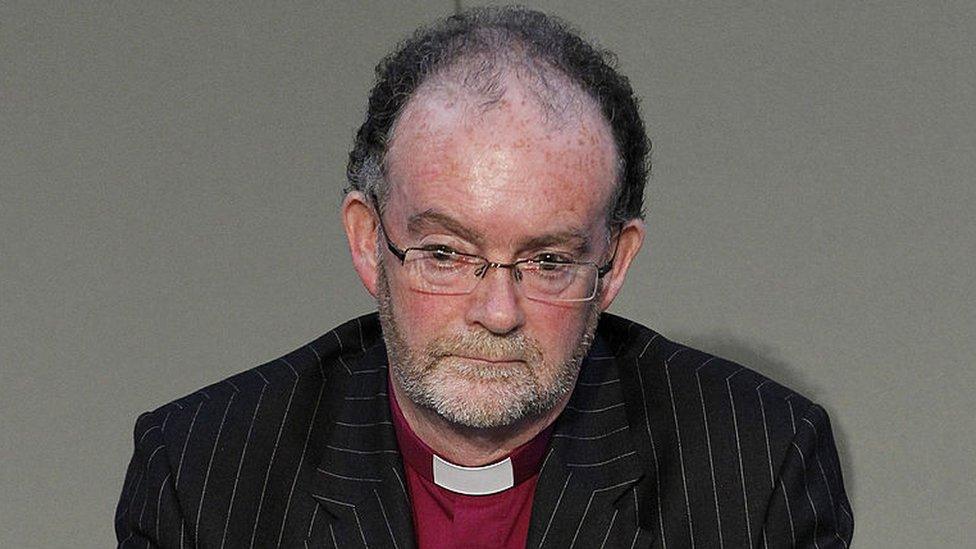
The report by Bishop James Jones led to fresh inquests
Former Bishop of Liverpool James Jones spent three years leading an independent panel which re-examined the deaths of 96 football fans in the 1989 Hillsborough disaster.
His report,, external published in September 2012, led to fresh inquests which concluded nearly four years later that the Liverpool supporters had been unlawfully killed in the terrace crush.
The 97th victim of the disaster, Andrew Devine, died in 2021.
From 2014, Bishop Jones led the Gosport Independent Panel which investigated concerns about deaths from 1989 to 2000 at the Gosport War Memorial Hospital in Hampshire.
The panel's report in 2018 found more than 450 patients died after being given powerful painkillers inappropriately.
What were your hopes before the inquiry?
"What we did before the Hillsborough inquiry was to meet the [victims'] families and got them together to find out the questions they wanted answering rather than the questions the authorities thought it important to ask."
Were your hopes fulfilled?
"I thought it was important we met the families regularly, so we met every three months to keep them up to date with what we were doing.
"It was very therapeutic for them to meet other families - to share their stories, pain and experiences.
"People talk about 'closure' but that is the wrong thing to say," he said.
"It trips off the tongue very easily but how can you talk about closure when you are talking about the loss of one you love deeply?
"I hope in both Hillsborough and Gosport we gave the families their answers but it is also a bittersweet experience - you are reliving your trauma and revisiting your pain."
What advice do you have for families who wish to participate in an inquiry?
"Make sure you understand the difference between a statutory inquiry and other inquiries.
"The statutory inquiry has the judge or another government-appointed figure who decides its parameters.
"You must press to be at the centre of the process - families can easily be marginalised or forgotten and also feel they are being marginalised and forgotten.
"Their need for answers has to be paramount - this is a point I made in a recent submission before the Covid inquiry., external"

Figen Murray
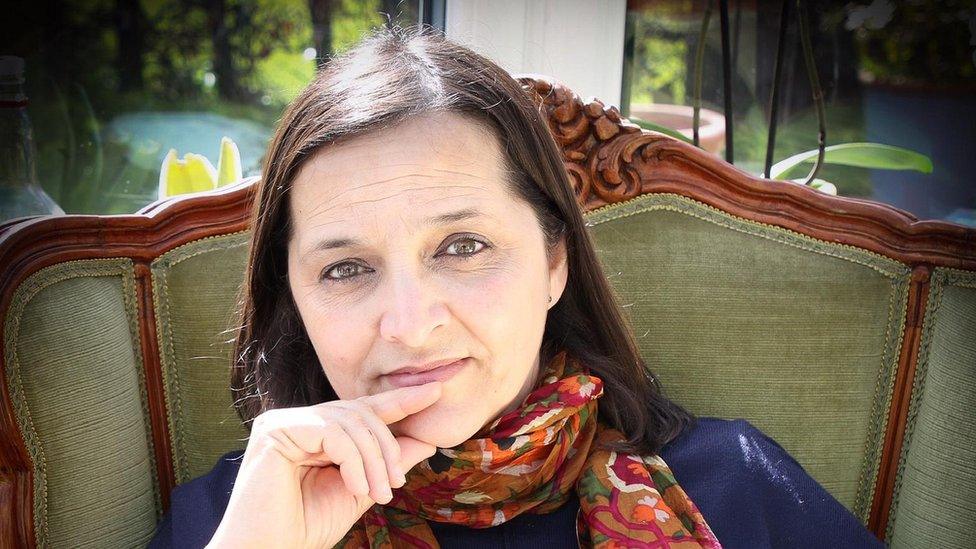
Figen Murray has campaigned for Martyn's Law which would would tighten security at venues
Figen Murray lost her beloved son, 29-year-old Martyn Hett, in the 2017 Manchester Arena bomb.
He was one of the 22 people killed when a suicide bomber detonated his device at the end of an Ariana Grande concert.
She has campaigned for Martyn's Law, legislation which would require authorities to tighten security at public venues and have proactive action plans against future terror attacks.
The Manchester Arena Inquiry's third and final report, published in March, found that MI5 missed a "significant" chance to take action that might have prevented the atrocity.
What were your hopes before the inquiry?
"I had lots of questions: What happened to my son? What he was doing? How he was? What happened? As as a parent that's what I needed to know."
Were your hopes fulfilled?
"I got more than enough of the answers to satisfy me. Some of course I didn't like and they were very painful.
"All my questions were answered but it helped to have a great legal team."
What advice do you have for families who wish to participate in an inquiry?
"If I had my time again I would not have gone to the inquiry itself," she said.
"It was really tough, very traumatic and I found myself being retraumatised by the experience.
"It was hard on my mental health and my physical health - it was a very demanding time.
"If you are going to attend and engage with the process, make sure you pay attention to your self-care.
"My husband and I had a plan that once we got on the train home after each day's hearing we would not talk about anything involving the inquiry."

Margaret Aspinall
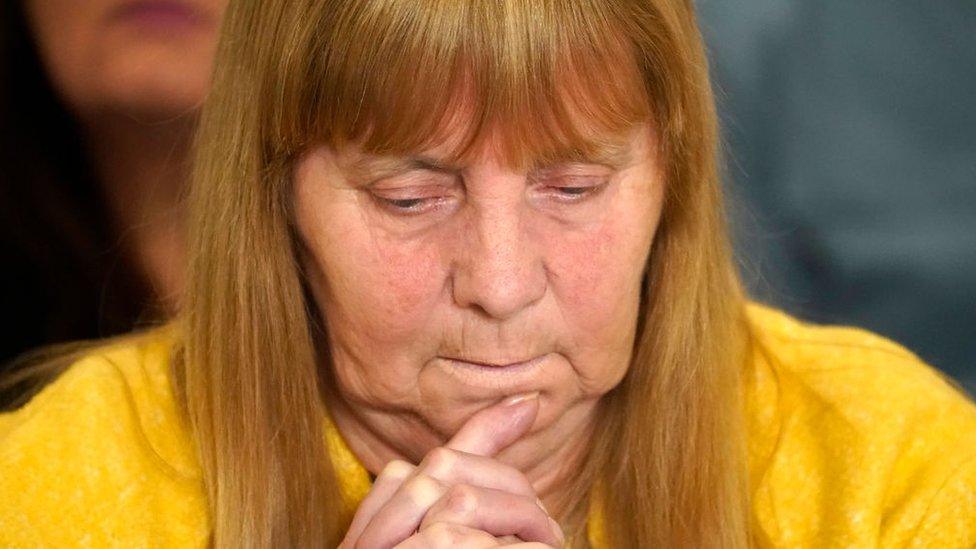
Margaret Aspinall's 18-year-old son James died in the disaster
The chairwoman of the Hillsborough Families Support Group lost her 18-year-old son James in the 1989 stadium disaster.
She spent many years campaigning to overturn the findings of the original inquests, in which the emergency response to the terrace crush at Sheffield Wednesday's stadium was not examined.
This was a highly controversial decision strongly disputed by the families of the deceased.
In April 2016, new inquests concluded that the fans had been unlawfully killed.
Then prime minister David Cameron said it was "official confirmation" that Liverpool fans were "utterly blameless" for what happened.
What were your hopes before the inquiry?
"My hope was that we were going to get the truth because we had had cover-up after cover-up. We wanted to know what really happened."
Were your hopes fulfilled?
"In many ways we got our questions answered," she said.
"We didn't get everything we hoped for but those who died were exonerated.
"The thing that really annoys me is the time it took to get answers, and the cost, when that information was there from day one."
What advice do you have for families who wish to participate in an inquiry?
"Get involved - make sure you are engaged.
"The authorities are not going to tell you anything unless you press them.
"You have to fight to make sure that everything is not done behind closed doors - I'm sure the people from Grenfell and the Manchester Arena inquiries also felt that.
"It is important that you are in there to fight for what you want to know."

Deb Hazeldine
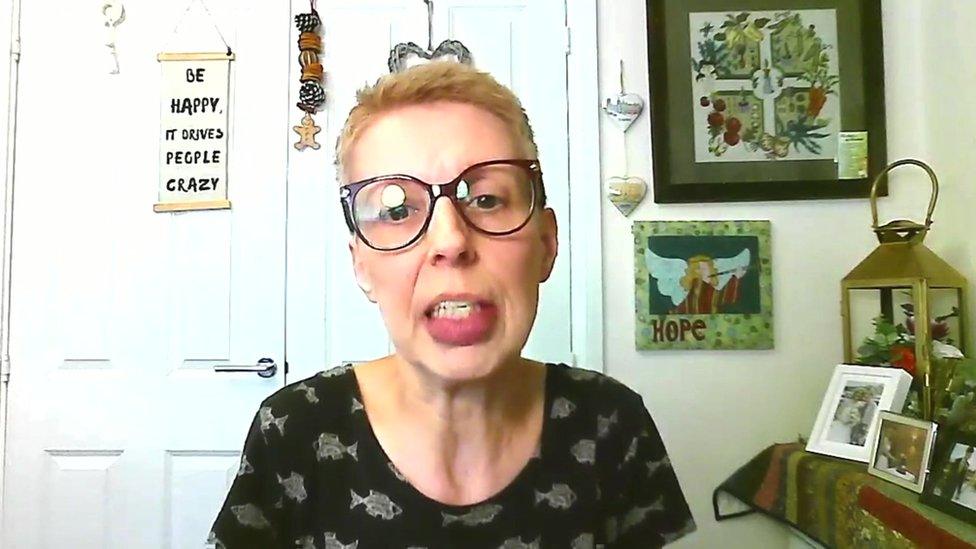
Deb Hazeldine was one of 250 witnesses who gave evidence at the Stafford Hospital inquiry
Deb Hazeldine became a patient safety campaigner after her mother Ellen Linstead died at Stafford Hospital in 2006.
She was one of 250 witnesses who gave evidence to the inquiry,, external chaired by Sir Robert Francis, which reported failings "from the top to the bottom of the NHS".
In his 2013 report, he said it was "a story of appalling and unnecessary suffering of hundreds of people".
What were your hopes before the inquiry?
"That it would give my deceased mum a voice that she no longer had but she desperately needed.
"All inquiries are about families - it's about the support they need," she said.
"I needed questions answered and I don't think we would have had any peace until we had them."
Were your hopes fulfilled?
"The only way we would have got our questions answered was to go through a public inquiry.
"I had been asking questions since 2006 but it wasn't until seven years later we realised there had been a systemic failure.
"The participants were able to find out what had happened.
"We didn't get accountability but we did get the answers.
"Knowing people like whistleblowers spoke out gave me faith.
"The families have to live with what happened for the rest of their lives.
"When people put reports back on the shelf, our lives will always have a precious one missing."
What advice do you have for families who wish to participate in an inquiry?
"Be kind to yourself, don't ever apologise for being emotional - it is 16 years since mum died and there are days when I just have to stop what I am doing."

BBC Action Line
These are distressing cases so if you, or someone you know, need help after reading about it, the details of organisations offering assistance can be found on the BBC Action Line website

Why not follow BBC North West on Facebook, external, Twitter, external and Instagram, external? You can also send story ideas to northwest.newsonline@bbc.co.uk, external
- Published30 August 2023

- Published22 August 2023
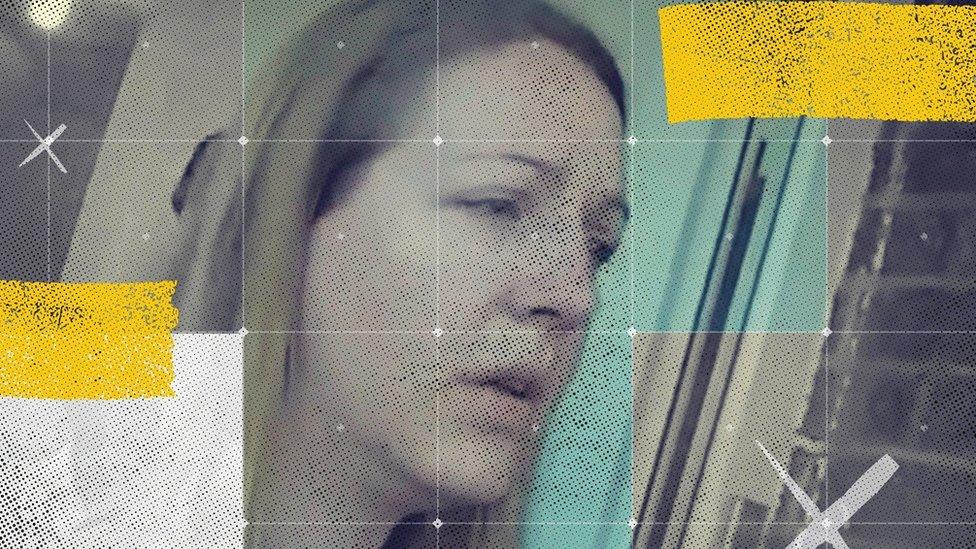
- Published23 August 2023

- Published21 August 2023

- Published20 August 2023
